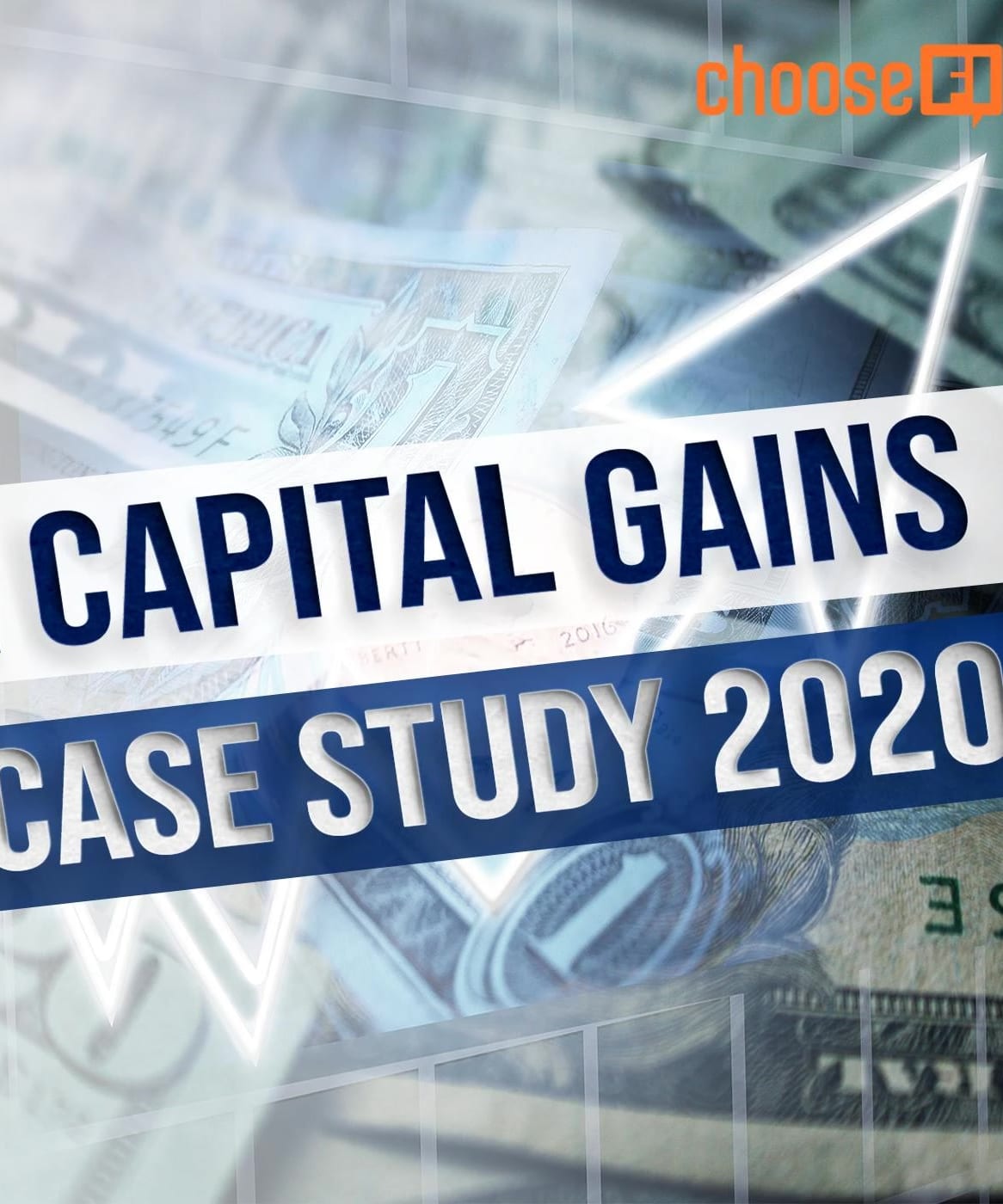How to optimize your taxes?
Sources:
To optimize your taxes, Brad Barrett suggests several strategies from his podcast, . Here are the key takeaways:
-
Max Out Tax-Deferred Accounts: Prioritize contributing to tax-deferred accounts such as 401(k), 403(b), 457, and traditional IRAs. This approach reduces your taxable income for the current year and provides opportunities to potentially withdraw funds tax-free in retirement using strategies like the Roth IRA conversion ladder and capital gain harvesting 1 2 3 4.
-
Tax Allocation Strategy: Consider the tax implications of different types of accounts. For short-term liquidity, after-tax accounts are suitable, while high-growth investments can benefit from the tax-free growth in Roth IRAs. For bonds or other income-generating assets, use before-tax accounts like traditional IRAs or 401(k)s 2 5.
-
Annual Rollovers: Perform annual rollovers from your traditional 401(k) to a Roth IRA. This maneuver helps improve tax efficiency by taking advantage of lower tax brackets during years with lower income. This is particularly useful to minimize the tax impact of Required Minimum Distributions (RMDs) starting at age 72 2 5.
-
Calculate Tax Bracket Impacts: Understand and manage your marginal tax brackets. By making 401(k) contributions, you can reduce your taxable income and maintain a lower tax bracket. This strategy is part of the broader tax optimization mindset, aiming to manipulate tax brackets to your advantage 6.
-
Invest in Low-Cost Index Funds: While this advice spreads beyond mere tax optimization, investing in low-cost index funds, such as those from Vanguard, Schwab, and Fidelity, aligns with the financial independence mindset. It levels your portfolio for market gains while controlling costs and complexity 7.
By following these strategies, you can significantly optimize your tax liabilities and enhance your path to financial independence.
RELATED QUESTIONS-






